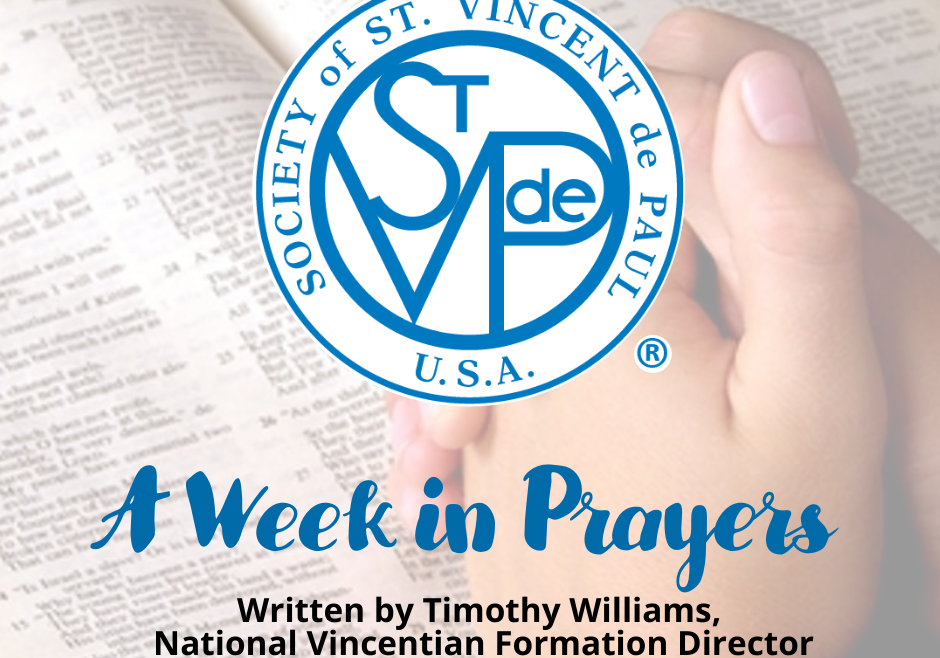Monday, September 19
Who do You say that I am, Lord?
A servant, a neighbor, a friend?
Have I stopped for the victims
At the side of the road?
Have I offered food to the hungry?
Have I offered Your love
With the works of my hands?
Have I comforted all those in sorrow?
Have I done as You asked me,
In spite of myself?
Who do You say that I am?
Amen
Tuesday, September 20
How can I better know You, Lord?
Where can I see Your face?
In the lines of an old man’s face,
That mark his labor on this earth
In the laughter of a young girl’s eyes
Sparkling with mirth
In the sweat that earns
The family’s food
In the last breath drawn
In a hospital room
In these and more, I love you, Lord
Through these I serve You in hope.
Amen
Wednesday, September 21
Lord of mercy, lift me up
Fill me with Your grace
Grant me the mercy
To serve and to love
As You have loved
And served me.
Amen
Thursday, September 22
O my Jesus,
For Your kingdom
I will labor.
In Your name
And by Your grace,
I will not waver.
From dawn to setting sun
The work of love is never done
For Your sake,
And for Your love,
And for my neighbor
Amen
Friday, September 23
Daily Prayers are written by Tim Williams, National Vincentian Formation Director.



